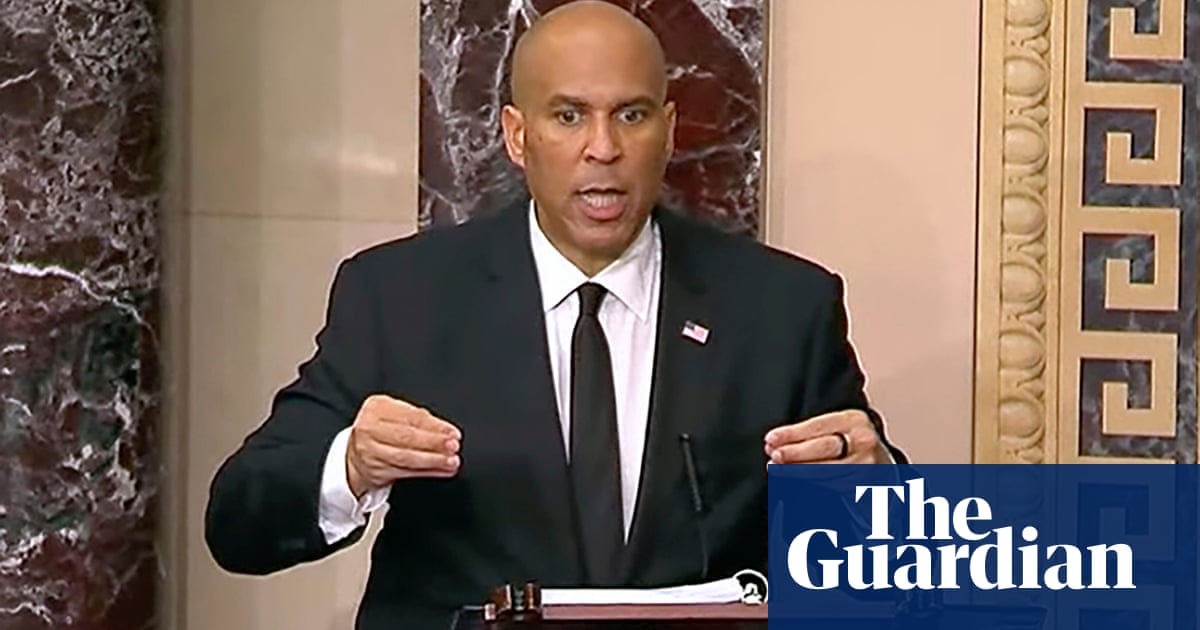The sooner the government brings forward social care proposals the better. The lack of further detail about a manifesto commitment to “deep reform” has been a disappointment of Labour’s first months in office. Assisted dying and palliative care are a largely separate issue, relating to the last six months of life rather than the long-term (and sometimes lifelong) needs that social care addresses. But following last week’s vote on Kim Leadbeater’s bill, social care reformers need to reclaim the initiative.
The rising need for social care in an ageing population is widely recognised to be among the UK’s biggest public policy challenges (while it is devolved, the four administrations confront many of the same difficulties). But that hasn’t stopped repeated delays to policies to address it. A royal commission would be one route out of the impasse. Unless he has identified another one, Wes Streeting should take it.
At least talks about the pay and conditions of the social care workforce have started. This is significant, given that staffing is among the sector’s main challenges. But the rise in the minimum wage combined with increased national insurance contributions – both measures in October’s budget – are expected to cost employers up to £2.8bn, easily wiping out the £600m funding boost that Rachel Reeves also promised.
The stress in Labour’s manifesto on the need for a cross-party consensus was correct. The last decade and a half has shown how hard it is for ministers on their own to find a way forward. Capping the amount that individuals can be charged for personal care comes with a cost, and new payment mechanisms suggested by both Labour and the Tories have been used to attack them. In 2017, the scheme proposed by Theresa May as part of her general election campaign was branded a “dementia tax”, and contributed to her party’s loss of its Commons majority.
Earlier this year, Sir Andrew Dilnot, the economist who led a government-ordered commission in 2011, accused both main parties of an “irresponsible” avoidance of the subject. The pressure on councils and other providers because of rising need and workforce difficulties is one problem. Inadequate arrangements for means-testing and knock-on effects on the NHS, including delayed hospital discharges, are two others. These can be viewed as distinct issues, but they are also connected. A policy that takes in each aspect will have several stages.
One step in the right direction has already been taken, following a Guardian investigation. Ministers have begun a review of carer’s allowance (the benefit paid to people who care for relatives) and raised the limit on their earnings. As this example shows, social care is a public service, but it is also more than that. Viewed in its entirety, the system includes parts of family life as well as a web of relationships between councils, individuals and care providers.
A royal commission, or any other body tasked with coming up with a policy, will need to aim for a consensus on funding as well as the level of entitlements, and a plan for the workforce. Taxes as well as charges should be considered. As with health and private insurance, the key principle is that risk should be pooled so that an unlucky few – an estimated one in 10 older people – do not face the catastrophic care costs that wipe out life savings and inheritances.

.png) 3 months ago
45
3 months ago
45













































